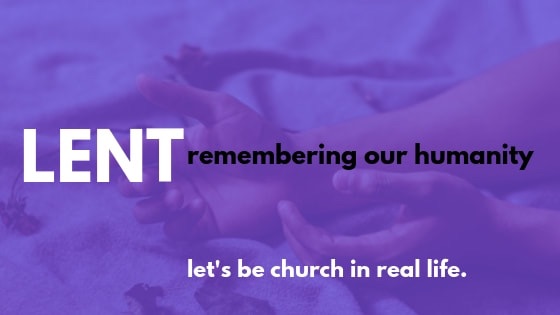|
Digital detox is now a thing. It used to be just a handful of cranks warning us that the constant use of mobile devices would break our brains, but now even power users are bearing witness to the dark powers of ubiquitous technology. In many ways, tech has changed our lives for the better, but like most innovations that promise to improve life, there are unintended consequences with which we must reckon. Here are some of troubles people are experiencing (perhaps you are as well) as we try to come to terms with our digital reality.
Of course, the intention had always been to put technology to good use to enhance life and make us more productive. Along the way, some of us got lost (maybe you did too) — not in anything that looked evil or even remotely bad on the surface, but we were simply led away from what really matters — authentic relationships with God and neighbor — and into mindless distractions and an increasingly intense hatred of people’s digital projections and dissatisfaction with with who we've become online. In his new book Digital Minimalism: Choosing a Focused Life in Noisy World, Cal Newport challenges people to rework their relationship with technology so that we use technology to support our goals and values instead of being used by technology for some other purpose. In the introduction, Newport writes that he took up the work after listening to people’s cries for help and relief from the power of technology. Others, too, are sensing that something is broken and dysfunctional about our relationship to technology. (Perhaps you are feeling it too or seeing it play out in the lives of your children.) Something has to change. I agree, and I believe, of course, that the change called for is deeply spiritual. As God’s baptized people, we know more than a little about falling under a power that promises to make us greater, but instead makes us less. We have a story that can free us from the illusory hope of technological advancement and achievement and can teach the world the wonder and the beauty of what it means to be human beings created in God’s image. We have the language to describe what is happening to us, our friends, our neighbors and the world around us, and we also have an antidote — repentance. When we start down a path that seems promising, but end up regretting where it takes us the solution is simple: Admit we were wrong; change our minds about where we wish to go, change our direction, learn to live a new way. This is what the Bible means by repentance. It’s a mind change, direction change, life change. It is moving away from something that hurts us and moving toward what gives us life. We turn back to God. Some articles describe our sickness and calling for change in how we use technology ...
Lent is a penitential season, a time of mind change and life change. We turn away from ourself and our own projects and back to God, God’s ways and God’s purposes. That sounds so vast so intensely religious, but it is simply a call for us to remember that we are human beings. Lent is time for us to return to our humanity and to understand that Jesus Christ came into the world to redeem us in all our humanity. So the call to turn and return is really as simple as putting down the phone, staring into the eyes of a person you love and holding a conversation in real life for 5 minutes ... 10 minutes ... even 20 minutes. It is as simple as switching off the television, getting off the couch and spending time with friends or even time alone, in silence, with the God who knows and loves you better than anyone else. It is as simple as finding your own particular way to stop the madness and return to God.
Now, in the end, it may seem ironic or even a little hypocritical to issue a call to repentance of our the way we live our digital life with a blog entry and e-newsletter blast. After all, aren’t these the very things that are changing us for the worse? To simply say that technology is somehow evil in and of itself is to miss the point. What we’re discovering is that we have taken something with promise and potential and abused it because we have started using technology with out asking ourselves how this device, this app, this game makes our life better and more abundant. As Jesus people, I would also have to ask how using technology can draw me closer God, nurture my faith and multiply the power of my witness to Jesus Christ and the power of his resurrection. There are certainly ways that technology helps us learn Christ and share the good news in word and deed, and there are ways that drive us to distraction and despair. Wisdom, a gift of God’s grace and a fruit of knowing God, helps us to tell the difference. So, here’s the pastoral ask. I would like all of us, from the youngest to the oldest to make the most of this opportunity to reconnect with Jesus, to examine what we do and why we do it, and to develop new habits that nurture our faith in Jesus instead of working against it. I am here to help you in each of these three tasks, and we can even spend some time together discovering what might work best for you, but here are some basic ideas for your consideration. Start with just this season ... and let’s see if you notice a difference in your life. Here is a resolution I am recommending for us all: Between March 6 and April 21, I will grow closer to Jesus and reshape my life by ...
These three little steps in Lent could be life-changing, and we can even share tips and tricks for getting things done when we get together on Wednesday evenings for dinner and prayer. So, what do you say? Are you ready to get your faith and life back in a way that makes you whole and well as God’s beloved and baptized child? Me too. Peace, Pastor Jim
0 Comments
Your comment will be posted after it is approved.
Leave a Reply. |
NewsThe latest news, sermons and commentary on our life in mission together. Archives
May 2021
Categories |


 RSS Feed
RSS Feed
